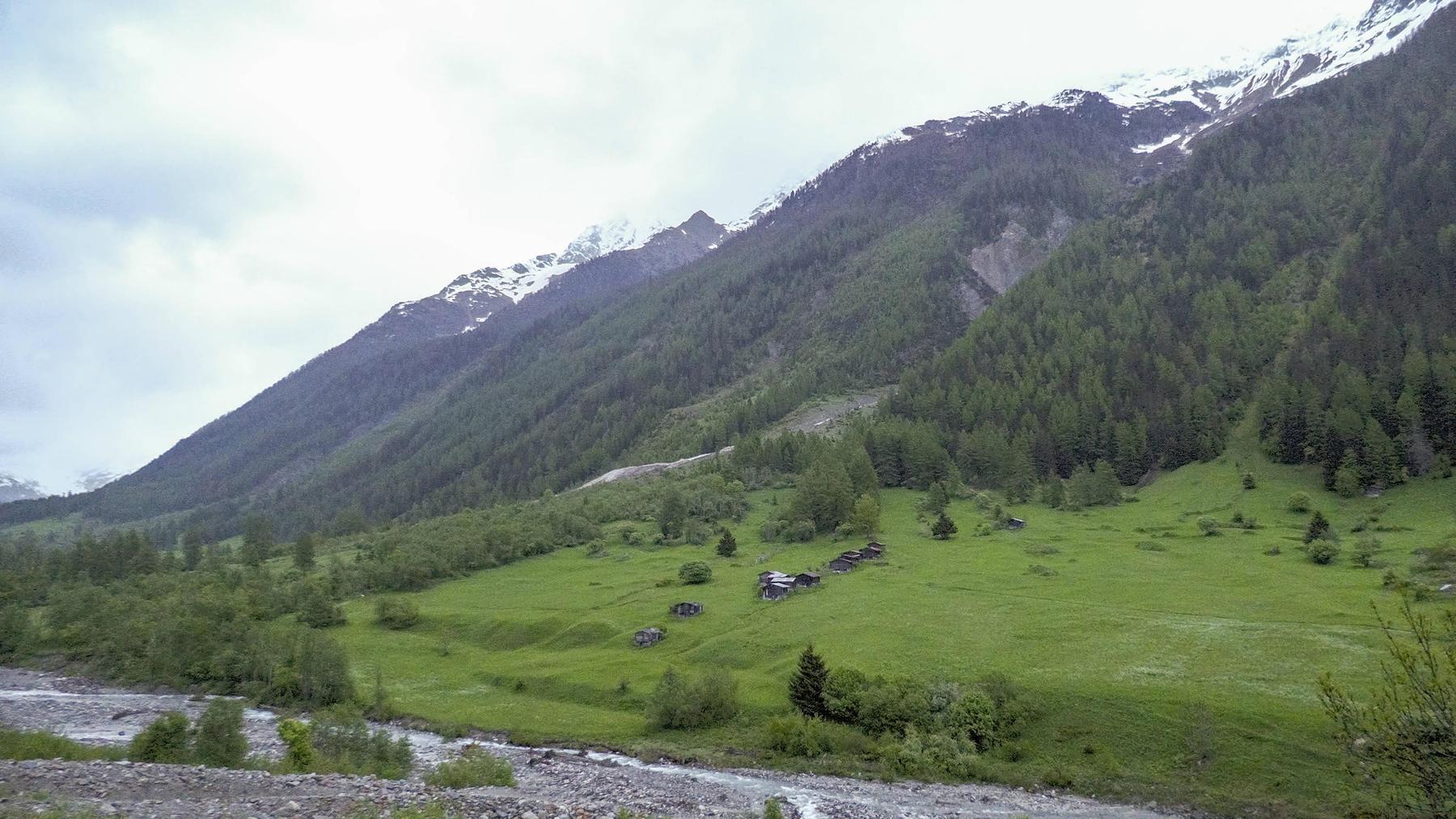Cryptocurrencies may prohibit production in the southern parts of the Trans -Baikal Territory and Buryatia

The Government of the Russian Federation may introduce a ban until 2031 on cryptocurrency mining in the southern parts of the Trans -Baikal Territory and Buryatia, as already happened with the energy system of the Yuga of the Irkutsk region associated with them. The regulators considered the introduction of restrictions in Khakassia, Karelia and the Penza region proposed by the regional authorities. Market participants warn that the ban on legal mining can stimulate illegal production of cryptocurrencies.
Mining in the south of the Trans -Baikal Territory and in the south of Buryatia can be prohibited from July 1, 2025 to March 15, 2031, follows from the draft protocol of the Government Commission for the development of electric power industry planned on June 4 (Kommersant saw documents). A similar ban in April was introduced for the southern part of the Irkutsk region.
The regulators consider the restrictions on the extraction of cryptocurrencies in Karelia, Khakassia and the Penza Region proposed by local authorities.
In the southern parts of the Trans -Baikal Territory and Buryatia until 2030, an unexploded power deficiency is predicted, the materials of the government commission said. Now in the regions there is a ban on cryptocurrency extraction during winter peak loads – from November 15 to March 15. In Buryatia, there is no official “white” mining, it follows from a letter from the regional government. In the Trans -Baikal Territory there are also no organizations that are legally involved in the extraction of cryptocurrencies, the first deputy minister of housing and communal services, energy, digitalization and communications of the region Kirill Gazaev previously reported Kommersant.
The southern parts of the Trans-Baikal Territory, the Irkutsk Region and Buryatia are connected in the southeastern part of the United Energy Siberian Electric System. The value of the disconnected mining load from January 1 to March 15, 2025 amounted to 320 MW (about 450 million kWh), Kommersant previously reported in the Government of the Irkutsk Region. The released capacity during the prohibition could ensure reliability The energy systems of Buryatia and the Trans -Baikal Territory as a whole.
From January 1, 2025, mining has been completely banned in the Karachay-Cherkess, Kabardino-Balkarian republics, North Ossetia-Alania, Ingushetia, Chechnya, Dagestan, Kherson and Zaporizhzhya regions, the DPR and LPR-until March 15, 2031. A partial ban was previously extended to the south of the Irkutsk region during the peak loads, however, in April this year, full was introduced.
Initially, the leaders of the five regions addressed the deputy prime minister Alexander Novaku and the Ministry of Energy, but then the heads of Khakassia, Karelia and the Penza region recalled letters, explaining this by considering alternative decisions. The head of Khakassia, Valentin Konovalov, asked to ban mining in the Abakano-Chernogorsky agglomeration annually from November to March due to the growth of energy consumption by the population in the region by 10.5% by 2023. Due to the activities of the Data Center in the territory of Karelia relating to the Arctic zone, the network organizations for 2022–2024 were not received by about 830 million rubles, the head of Karelia wrote Arthur Parfenchikov. But, according to the Ministry of Energy, in the energy systems of Khakassia, Karelia and the Penza region until 2030, a deficiency of electricity and power is not predicted, follows from the protocol project.
In the Ministry of Energy, the “system operator” and the FAS did not respond to the request “Kommersant”.
Deputy head of the Ministry of Energy Evgeny Grabchak on May 20 in Interview TASS He talked about the presence of a small amount of free network power in the north: “Just there you can think something with miners there, put them there and consider the possibility of a network tariff. But this is not a benefit as such, but another principle of tariff formation. ” The presidential envoy in the Far East, Yuri Trutnev, said that mining in the Far Eastern regions in the context of an electricity deficit for production projects should be taken extremely carefully.
The director of the industrial mining Association Sergei Nerdelov believes that the ban on mining activities in the regions, excluding market conditions, does not bring the desired effect, since some market participants will continue to work illegally, it is especially unacceptable to introduce a ban in energy -quality regions. “For an investor who wants to build a mining infrastructure, there is no mechanism of guarantees that his activity will not be suspended,” he emphasizes. Legal mining, according to Mr. Nerodelov, provides a stable schedule for consumption and smoothing during peak load, and in case of disconnecting miners within the framework of the demand control system, the price of electricity for other consumers increases.
The director of the Center for Research in the HSE NRU, Sergei Sasim, believes that the ban on mining contradicts the initiatives of industry regulators to stimulate the loading of power centers through an attempt to introduce payment for transfer services based on the maximum declared capacity. According to him, consumers are not guaranteed to ensure already agreed consumption parameters, but in combination with a low efficiency of differentiated electricity tariffs for the population in the regions, such measures stimulate the development of “gray” mining.
“The restriction of legal activities should be reimbursable: legal miners need to compensate for losses from forced termination of activity,” notes Mr. Sasim. The lowest prices for electricity, according to him, are formed in the zone of deficiency of active power, so it is necessary to work out mechanisms for the broadcast of the formation of the specified deficit into an increase in electricity prices.








